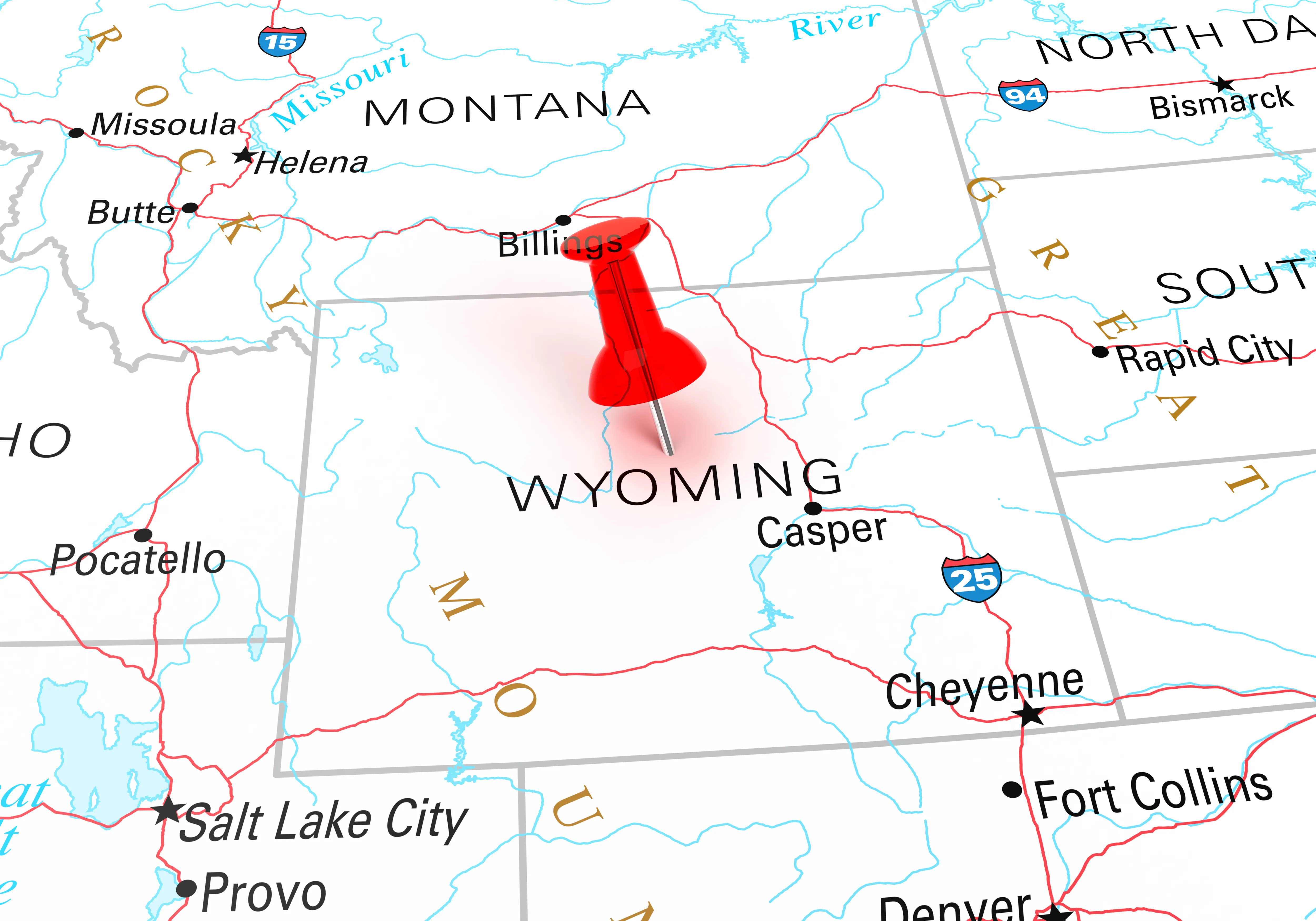
Inflation pushing cost of college education even higher
(Indiana News Connection) Covering the cost of a college education just got more expensive as already stressed students cope with the highest inflation rate in more than 40 years.
A new report finds that while direct expenses such as tuition and fees are on the rise, so are indirect costs such as housing, gas and groceries.
Many students across the nation are working multiple jobs just to pay for life's necessities.
Mya Bell is a sophomore at Purdue University Northwest in Hammond, Indiana. She said her studies as a double major in political science and human development are hard work, but paying for living expenses is becoming harder.
"I used to spend $50 on groceries, and now I spend, like, $100," said Bell. "Gas is crazy; $40 doesn't even get me close to a full tank. I think there's just a lot of smaller factors that impede my academic and my professional work, because I'm trying to make enough money to, like ... live."
Bell is a scholarship student who lives in a campus dormitory but said earning money to pay for items such as clothing, car payments and even vet bills for her cat cut into the time she normally sets aside for her studies.
A blog post by the National Scholarship Providers Association says to cover higher expenses, many colleges are raising tuition rates and student service fees, while interest costs on tuition loans have almost doubled over the past two years.
Bell said making ends meet can be a struggle, but she finds creative ways to cope.
"It's just hard," said Bell. "More of the fact, like, working, like, almost three jobs because it doesn't give you enough time to dedicate to school and studying as you would like to. So it's like, I'm staying up all night now because I can't really work during the day on my schoolwork."
According to the report, many colleges across the country are making changes to help students save money. Some are allowing students to attend classes virtually one day a week, or providing free public transportation to cut down on commuting costs.
Others provide free groceries or have loaner programs for students who can't afford laptops. Bell said she's looking at three more years of work before graduation.
"I always make it work, but it's not ideally how I want it to work," said Bell. "I have to go to the food pantry at my school or have to ask my parents for help. And I also picked up a side job babysitting. But I don't see myself getting out of the situation anytime soon."
















